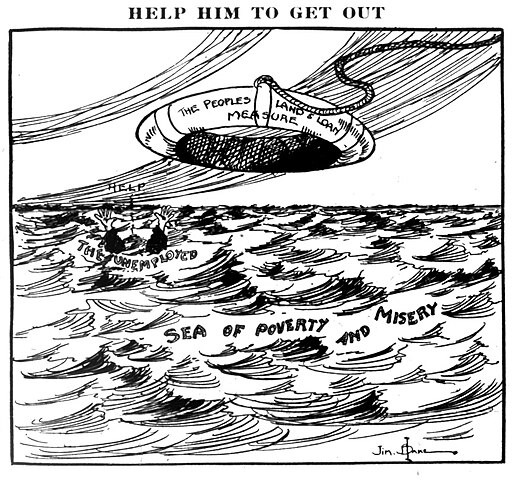
A week into 2023, The New York Times has gotten perspective on the news from further back than one week.
In the newspaper’s January 7-8 weekend edition, Carlos Lozada took “A Peek Behind the Curtain of American History” via a deep dive into Myth America: Historians Take On the Biggest Legends and Lies About Our Past. (Not to be confused with Richard Shenkman’s Legends, Lies, and Cherished Myths of American History from 1989.)
The longtime editor of The Washington Post‘s 5 Myths series acknowledges that “some myths serve a valid purpose” when they provide a narrative for facts rather than being mere falsehoods, or akin to what Nigel Andrews called political spin “somewhere between the simple truth and the possible souping-up” in the Arnold Schwarzenegger biography True Myths.
Lozada pushes for a more complex interpretation; even focusing on outright deceptions from the right-of-center aisle of American politics implies that “left-wing activists and politicians in the United States never construct and propagate their own self-affirming versions of the American story.” Ironically, Lozada buttresses conservative framings while determined to push back against them.
Lozada lists “notions that free enterprise is inseparable from broader American freedoms” among the “myths peddled or exaggerated, for nefarious purposes, by the right.” While Trump slapped tariffs on Canadian imports that literally provided the paper on which dissenting views were printed, his opponents extended their dismission of free trade to civil liberties in general (earlier American left leaders like Henry George supported both.)
Lozada and Myth America contributor Eric Rauchway consider the New Deal unfairly maligned by misguided reactionaries, reinforcing what Ronald Radosh dubbed “The Myth of the New Deal.” That two of the essays forming the basis for Radosh’s were Barton Bernstein’s “The New Deal: The Conservative Achievements of Liberal Reform” and Howard Zinn’s “The Limits of the New Deal” — and that Radosh saw them as understating the failure of the New Deal to break with the status quo — indicates how far it was from a partisan potshot.
“The Myth of the New Deal” was part of A New History of Leviathan, in which coeditors Radosh and Murray Rothbard attempted to “transcend the ideological myths that enable the large corporations to mask their hegemony over American society.” Rothbard balanced Radosh’s uncovering of the corporatist nature of the New Deal with a retrospective on how its policies amplified those set in motion by Franklin Roosevelt’s supposed antithesis, Herbert Hoover.
Marvin Gettleman and David Mermelstein observed that “although Rothbard’s critique is based upon a belief in the kind of free-market, laissez-faire principles that are usually associated with the political ‘right,’ many of the points he makes could easily be assented to by the ‘new left'” to which those editors of The Great Society Reader: The Failure of American Liberalism belonged.
If, as Chris Matthew Sciabarra noted in 2005, “mainstream politics offers no genuine opposition to FDR’s Old ‘New Deal’ or Bush’s New ‘Old Deal'” equally committed to “massive government intervention,” that may be because it has forgotten the old lessons of the New Left.
New Yorker Joel Schlosberg is a senior news analyst at The William Lloyd Garrison Center for Libertarian Advocacy Journalism.
PUBLICATION/CITATION HISTORY
- “In 2023, myths are true lies and new deals are old” by Joel Schlosberg, Newton, Iowa Daily News, January 12, 2023
- “In 2023, myths are true lies and new deals are old” by Joel Schlosberg, Mat-Su Valley Frontiersman [Wasilla, Alaska], January 12, 2023
- “In 2023, myths are true lies” by Thomas L. Knapp [sic], The Madill, Oklahoma Record, January 12, 2023
